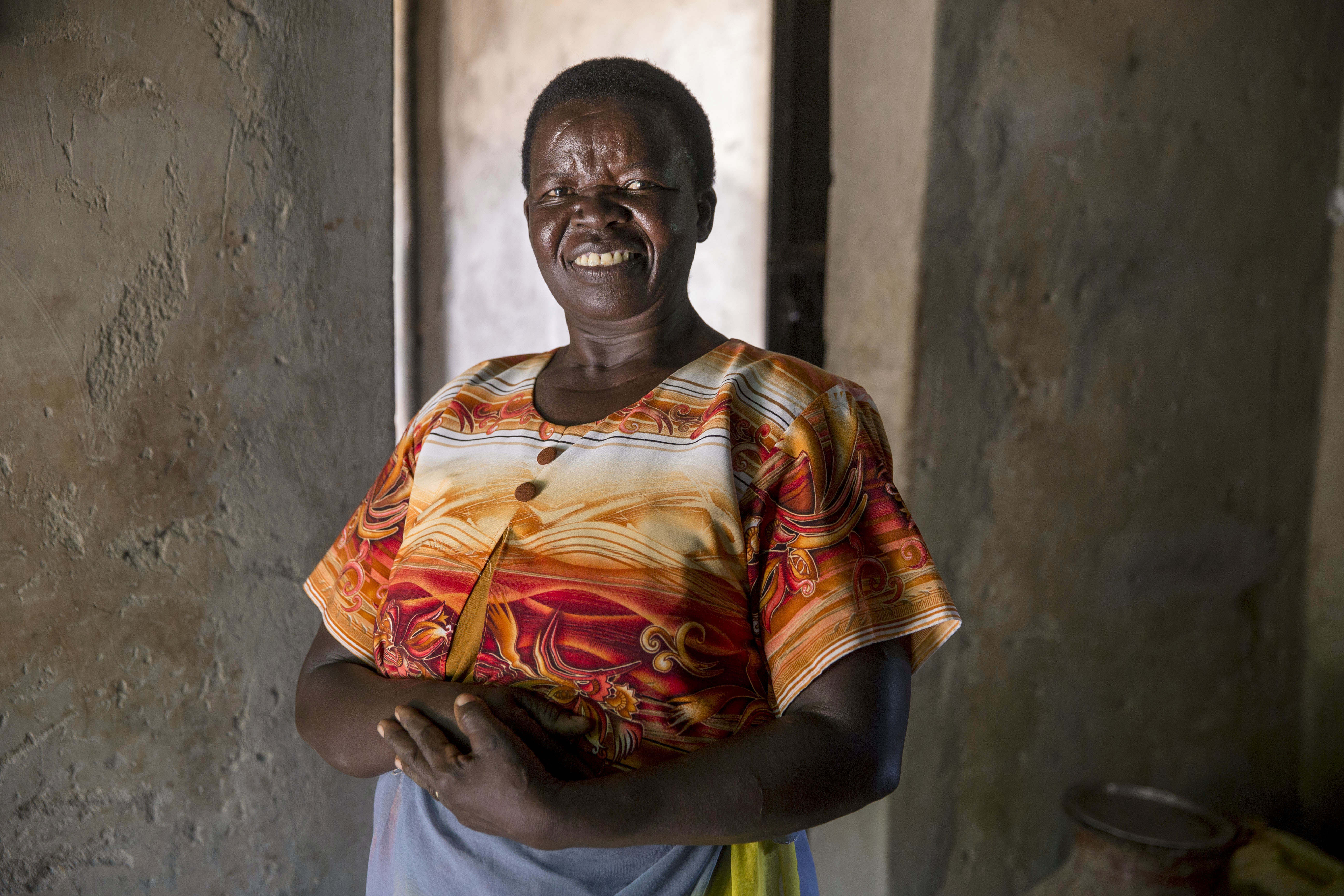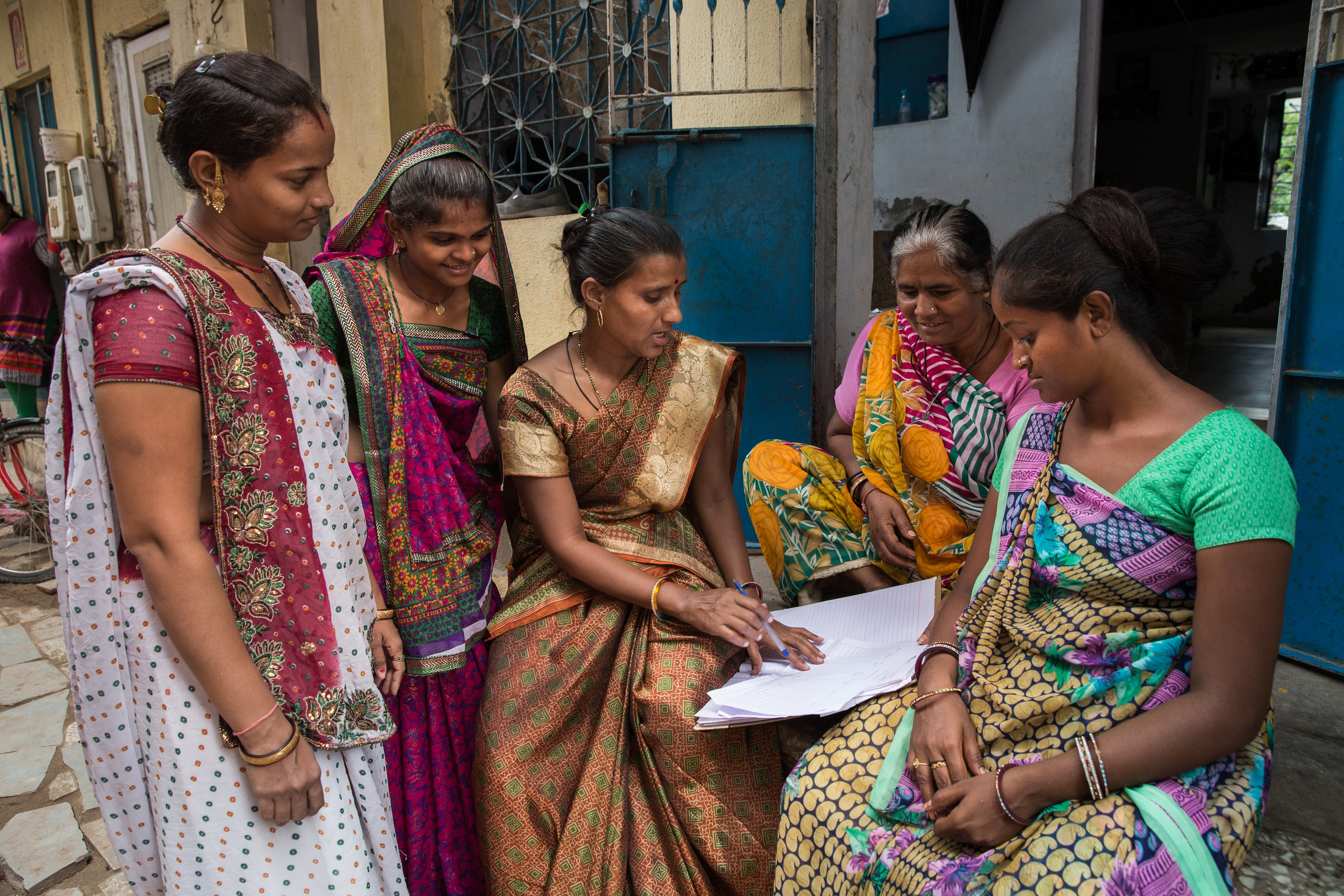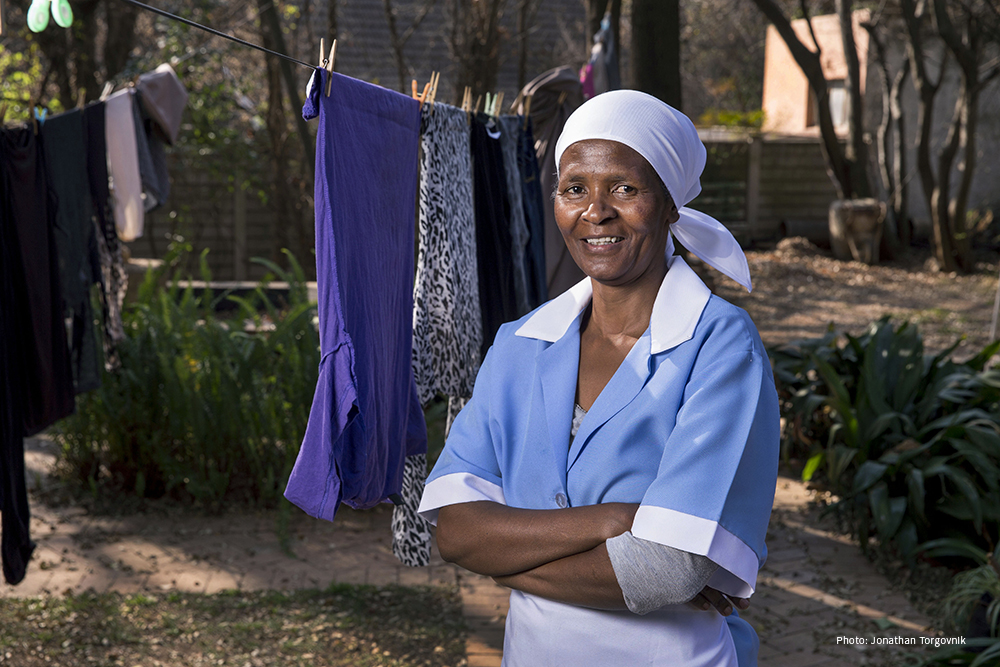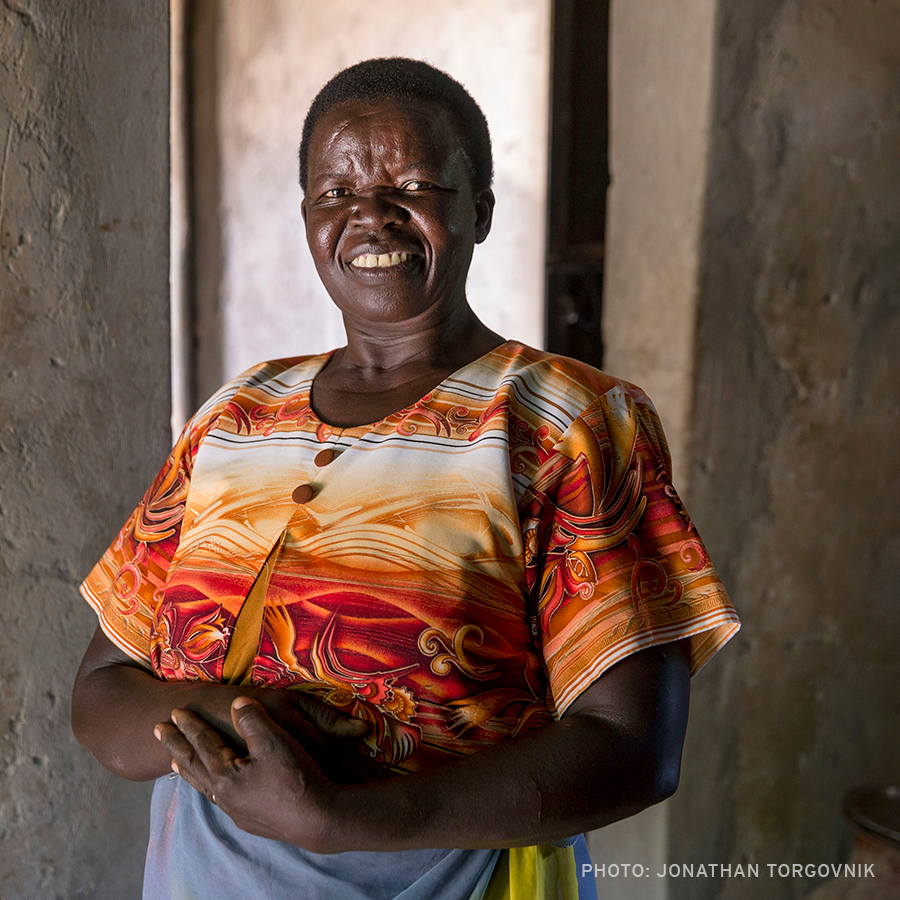
“Never underestimate the power of a woman.” This slogan, created by an advertising agency to promote Ladies’ Home Journal in 1941, helped sell magazines because it encapsulated what was then an emerging reality: women are economic powerhouses.
Seventy six years later and we are still undervaluing women as a powerful force in the global economy. Even worse, we are underestimating how much more they could achieve if society finally had their back.
Today, on International Women’s Day, women across the globe are coming together to show the depth of their power, and not just in the streets — they’re showing it with their pocket books.
Today, women across the world will go on strike. They are taking the day off, they are avoiding shopping, they are marching.
Following the origin of International Women’s Day, this year’s global undertaking is boldly billed as “A Day Without a Woman.” But what will a day without a woman mean for communities, societies, and economies? And why will a day without a woman pack a big global punch?
Because women are powerful.

Women are producers, consumers, and innovators. They are resourceful economic agents, proving every day that they can succeed, often in the face of persistent gender barriers. A “day without a woman” means fewer women working to keep the production and service industry up; fewer women taking care of children, the elderly and all of us; fewer women spending money on goods that drive our economy. Simply put, when women don’t work, the economy and society don’t either.
Consider the following:
- A reduction in the gap between women’s and men’s labor force participation — or an increase in female labor force participation — results in faster economic growth.
- Women control 70–80% of all consumer purchasing.
- Women perform two to ten times more daily unpaid work by cooking, cleaning, and caring for family members. This is why men in virtually every country have more time for leisure activities, while women have less time for jobs, political participation, and leisure of their own.
Women do all of this in spite of salaries, laws, and gender norms that continue to sell them short. In addition to unpaid work, no country has yet to achieve gender equality or equal pay for equal formal work. Ninety percent of countries still have at least one law restricting women’s economic opportunity. Gender stereotypes in the workplace mean that women are expected to be more helpful, to the point where men are significantly more likely to be recommended for promotions and raises than women who provide the same amount of help. If women closed their wallets, the consumer industry could grind to a halt.
Lucky for us, we already know the answer: invest in girls and women.

It is due time to mainstream women’s economic empowerment as a core component of thriving economies. If women and men participated equally in the formal economy, we would see $28 trillion added to annual GDP by 2024 — roughly the size of the U.S. and Chinese economies combined.
An investment in women’s economic empowerment is also an investment in the entire community. Women are more likely than men to reinvest whatever time and money they have into their families, and their children’s health and education in particular. The health, education, and social service industries would collapse without women’s participation. In office settings, it is women who consistently pick up the invisible but essential tasks that keep the gears turning — from mentoring staff to administration work. And teams with greater gender diversity arrive at quicker, more creative solutions.
Women Deliver was one of the first civil society organizations to make the investment case for girls and women. That’s because the data speaks for itself: when you invest in girls and women, it creates a powerful ripple effect that goes way beyond the individual — it powers progress for all.
The scope and impact of the “Day Without a Woman” strike is not yet known. But it is already clear that women wield significant economic power. Women are not, in fact, vulnerable victims, but committed change-makers, capable of powering economies and driving progress. We simply cannot afford to continue underestimating women’s economic power. As we like to say, women deliver, and so much more than babies. It is urgent that we, in turn, deliver for them.
